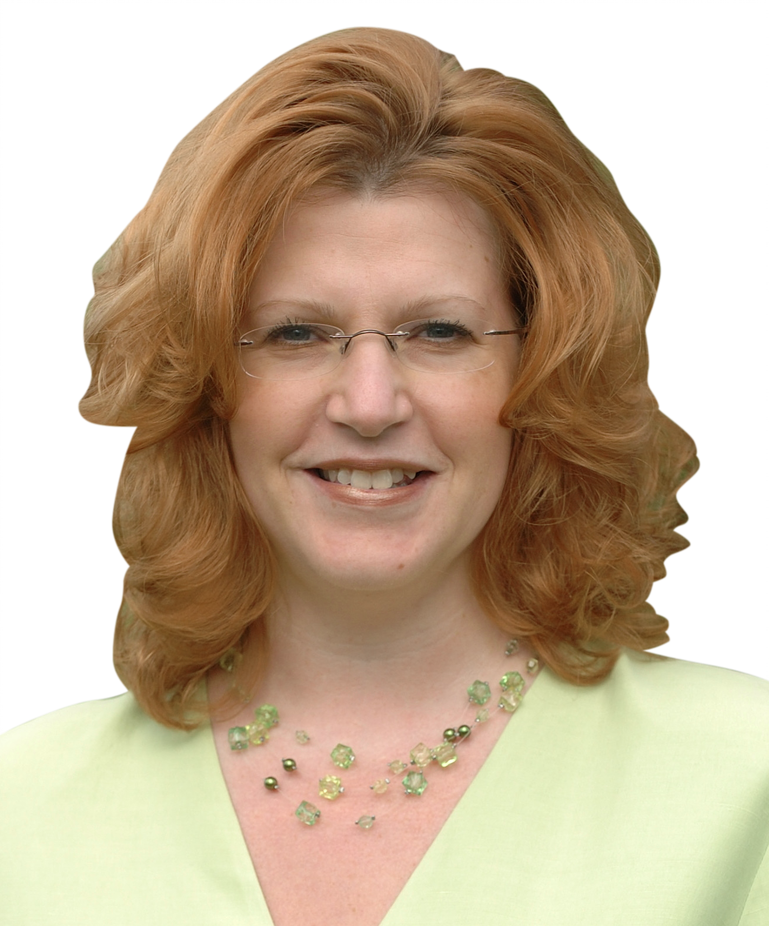There are several reasons why the training new agents and brokers receive just doesn't cut it, writes Julia Krause

In Canada, the generally accepted method of training new mortgage brokers is to throw them in the deep end and see if they can swim. It’s a sad introduction for new brokers, who want to help people but don’t have the ability, and a disaster for unsuspecting consumers, who are about to take on a significant finan-cial obligation under the assumption that they are receiving the advice of an expert.
Provincial licensing courses contain valu-able information, but they do not prepare a person for the day-to-day job of being a mort-gage broker. Without a foundation of basic mortgage lending knowledge, how can a new broker effectively advise a client on the best possible mortgage options?
The brokerages that actually hire people brand-new to the industry – there are many that don’t – offer reading material for new brokers, along with presentations by lenders and other industry service providers. But too many brokerages rely on lenders’ under-writers and business development managers to teach their new brokers. Desperate for help, brokers often turn to social media (i.e. Facebook) for answers when what they really need is mentorship.
Brokerages that offer mentorship programs commonly place new hires with an active, experienced broker, whom the new broker is expected to watch and learn from. In return, mentors are paid a portion of the commission of the new broker’s completed files. But there are many reasons why the mentoring system and the compensation model attached to it aren’t perfect.
First, a mentor might not have asked for the responsibility of training new mortgage brokers. An unwilling mentor might develop a disinterest or even resentment toward the new broker for taking up time they would prefer to spend on their own clients and dealing with their own files. Also, mentors who are active, busy mortgage brokers can’t always be available at the moment a new broker needs assistance. Their clients are their priority.
Even if a mentor is knowledgeable and experienced and likes the idea of being a mentor, they still might not able to explain things in an easy-to-understand way. Teaching doesn’t come naturally to everyone. In addi-tion, sometimes a mentor will inadvertently pass on bad habits to new brokers, who aren’t aware that certain practices are considered outdated, or possibly unethical, by current regulatory standards.
Those mentors who are motivated solely by the additional income attached to mentoring might not actually want to help shape the careers of new brokers and improve the industry in general. Also, compensating mentors with a portion of the commission on the new broker’s completed files suggests there is no value in learning why a particular deal cannot be done. In fact, there is great value in learning why a deal can’t be done, and a mentor should be compensated for teaching it. Knowing that they won’t be isn’t especially motivating.
The industry today is focused on increasing volumes and making the mortgage process faster and more efficient, with the technology needed to accomplish this goal evolving at a rapid pace. But mortgage brokers cannot be in a race to be more like the big banks. Brokers are the alternative to the big banks. We offer a specialized service, and our clients are more than just numbers to us.
Having unprepared, inexperienced agents and brokers in the market might be one of the reasons brokers’ market share has barely changed over the last 20 years, despite the rise of the national brokerages and the resulting increase in the number of mortgage brokers. If consumers are having bad experi-ences with brokers and spreading the word about those experiences, it affects all of us.
It’s not up to clients to state what they want and expect their broker to get it for them. The client is not the expert on what’s available. When a broker doesn’t recognize this, they waste their own and others’ time looking for a solution that might not even be possible. New brokers lack the necessary foundation of basic mortgage lending know-ledge because practical training has taken a backseat to volumes and the belief that new tech guarantees greater efficiency.
 Julia Krause has been in the mortgage industry for 28 years and a licensed mortgage sub-broker in BC since 1996. She has worked as a broker, underwriter, trainer and technical writer, and she’s currently creating a website and practical training course for new mortgage brokers.
Julia Krause has been in the mortgage industry for 28 years and a licensed mortgage sub-broker in BC since 1996. She has worked as a broker, underwriter, trainer and technical writer, and she’s currently creating a website and practical training course for new mortgage brokers.



